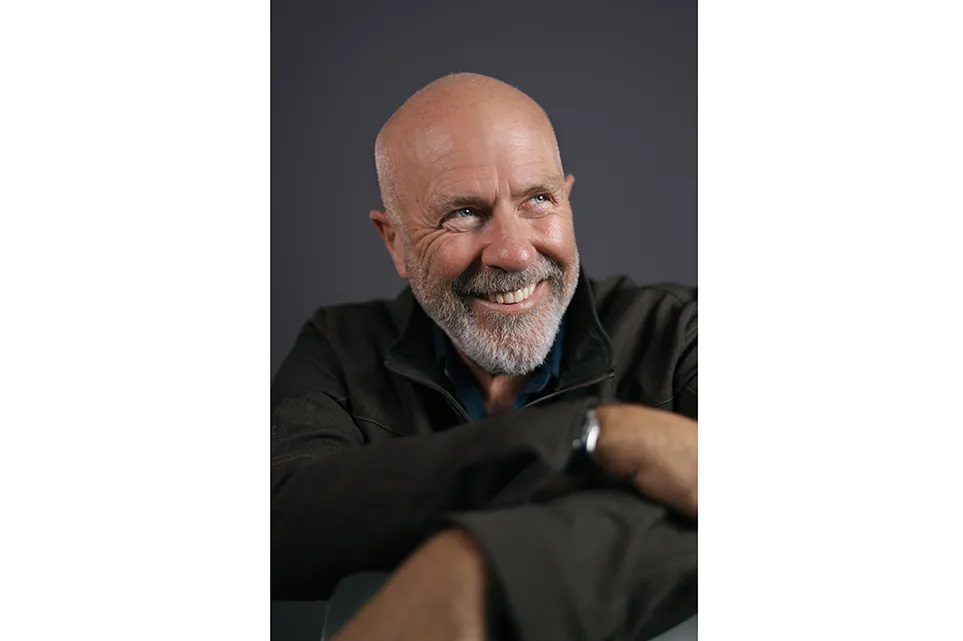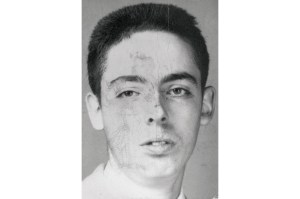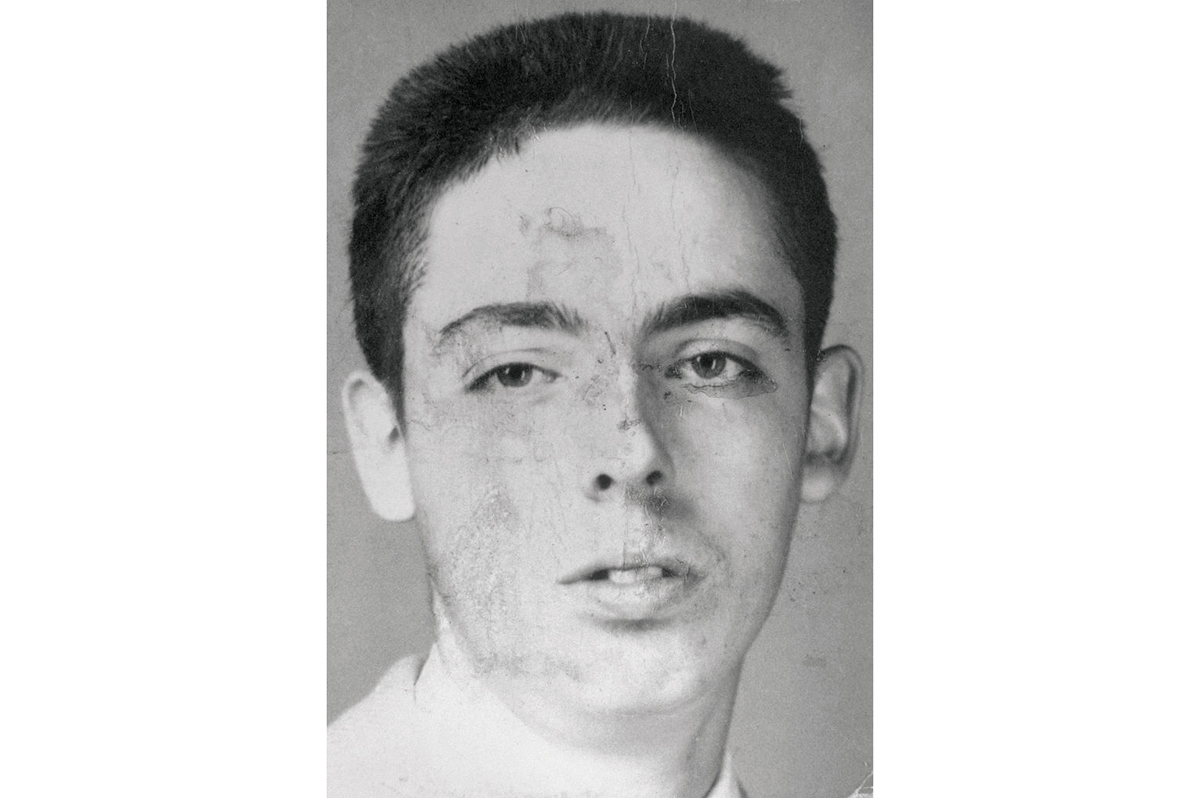“Is it because we see our world only darkly that we surround ourselves with lies we call time, history, reality, memory, detail, facts?” Richard Flanagan’s memoir, Question 7, opens at the Ohama coal mine in Japan, once home to his father and a host of other POW slave laborers. It then spirals outwards via his childhood (in a remote Tasmanian settlement), his much-put-upon mother (who hoped Richard would become a plumber), his semi-present, kindly, traumatized father Archie (enshrined in The Narrow Road to the Deep North) and on through all the now-familiar Flanagan themes. These include the horror of drowning; the Dickensian characters of nineteenth century Van Diemen’s Land; the mighty Huon pine; the monstrous origins of modern Australia; man’s insane war against nature; fabulous lost books; wildfire; James Joyce; and the incommodious and vicious recirculation of historical time — the ripples resetting, sporadically, to the moment Major Thomas Ferebee of the US Air Force released the world’s first atom bomb on August 6, 1945.
“Why do we do what we do to each other?” Flanagan asks, retooling Chekhov’s infamous mathematical riddle: “That’s question 7.” Oh, and whether that unprepossessing horndog H.G. Wells was in fact the father of atomic warfare. No self-respecting Flanboy would have been hoping for a dully chronological autobiography — but still; that’s quite a lot to pack into 288 pages.
There are some facts, such as Flanagan’s decision, aged four, that he would like to be a writer; his not-uncomplicated Tasmanian heritage; and his entirely disheartening time at Oxford in the 1980s. But, all in all, Question 7 is less a life story than an investigation into the chain reaction of who (and how) he is. Pushing back hard against our tendency, as Einstein put it, to “overestimate the role of rational thought in human life,” he joins the dots from Wells kissing Rebecca West to a) everything in the world, b) himself, and c) the present volume, writing in numbered sections, as if to keep a grip on all these various threads and to highlight the essentially chance nature of their connectivity.
Though not too earnest to joke about his brother’s farts, reflect wryly on burnishing his self-image in his novels, and pivot mischievously from his own near-demise at the age of twenty-one (see Death of a River Guide) to Leo Szilard in the bath in the 1930s — frequently punctuated by a shrugging, Vonnegut-ish, “That’s life” — the default setting is Flanagan’s hallmark mode of terrible, sad beauty, fueled by the deep moral anger of his crusading non-fiction.
He comes to see life as a pair of (parallel) tracks, one public, one private, one run according to firm facts and figures, the other a shifting realm of “necessary illusions” in a meaningless universe. And what good are these facts, anyway, he wonders — noting, dismayed, that no one knows the accurate death toll from Hiroshima. The fact, meanwhile, that he himself was once a surveyor’s “chainman,” slashing his way across Tasmania to measure, codify and/or define it, is almost suspiciously perfect in its guilty Victorian-ness.
“There is no memory without shame,” he writes, and at the heart of this — perhaps of everything he’s written — is Tasmania’s original sin, “the ur-story of the end of the world,” the genocide (acknowledged by that word’s creator) of the aboriginal population, for which Flanagan has often seemed obliged to play the role of national sin-eater.
Memory itself is also everywhere in question. The publisher’s listing calls Question 7 “genre-bending,” and Flanagan himself routinely says things like: “There is no truth. There is only why.” Reality is “often no more than the enthusiastic answer we give to our dreams and nightmares,” and our lives all “ongoing inventions.” He wonders if he did indeed die back on the Franklin River and his whole “life” since has merely been a novel. It’s hard not to read the present non-fic version as the birth — battered, naked and dazed — of Richard Flanagan the writer: “Alive dreaming I was dead dreaming I was alive.”
And yet some human complexities — forgiving war criminals, for instance — it seems remain too big even for Booker-winning novelists. “There is no equation of horrors” he adjudges of the decision to nuke Japan — a decision which directly saved his father’s life. Continuing to rail against wrongs “too vast to have a name,” he concludes that love is probably our only hope.
If “Questions Posed by a Mad Mathematician” was “the archetypal Chekhov story,” then Question 7 surely is the archetypal Richard Flanagan:
All I knew was what I first experienced as a child… a world within which the measure of things was not man-made and of which you existed as a minuscule fragment. Finding words for it was, in one sense, my life’s work and my life’s failure.
May we all hope to fail quite so compellingly.
This article was originally published in The Spectator’s UK magazine. Subscribe to the World edition here.





















